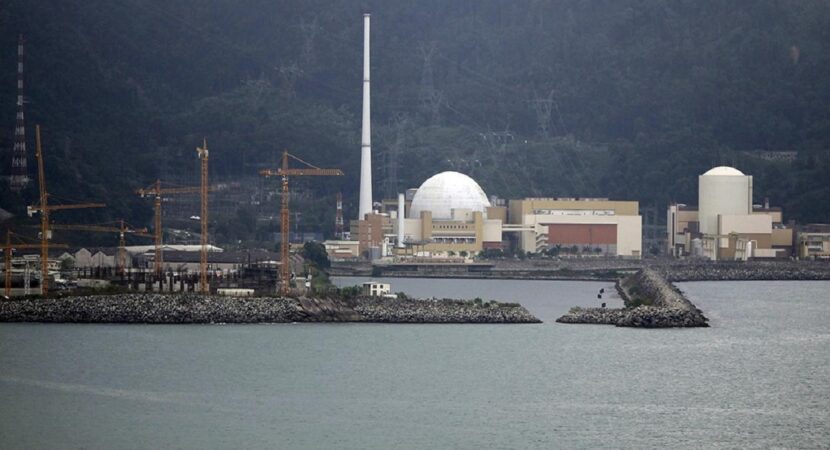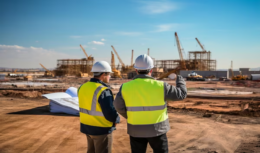
The country is going through one of the worst water crises in history, thinking about it, the government is investing in a new uranium plant at the Nuclear Fuel Factory (FCN) in RJ. The promise is that the production of Angra 1 will double and be able to successfully supply the energy demand
Indústrias Nucleares do Brasil (INB), an agency linked to the Federal Government, inaugurated the ninth cascade of ultracentrifuges at the Uranium Isotopic Enrichment Plant, at the Nuclear Fuel Factory (FCN), located in Resende (RJ) last Friday. fair (26). With the beginning of the cascade operation, it will be possible to produce 65% of the annual demand of Angra 1, which is equivalent to an increase of 5% in relation to the current capacity.
Read also
Uranium plant will contribute to end the water crisis
The inauguration ceremony of the new uranium plant at the Nuclear Fuel Factory (FCN) in RJ, was attended by Bento Albuquerque, Minister of Mines and Energy, who highlighted the evolution of the Brazilian Nuclear Program to diversify and expand the energy matrix in the country, being considered one of the most sustainable sources in the world.
According to the minister, the source was an example presented to several countries during the Conference on Climate Change that took place in Scotland. The minister also highlighted the essentiality of investments to expand diversification and face situations such as the recent water crisis that devastates Brazil, for example.
Bento Albuquerque highlighted that the biggest water crisis ever seen by the country was overcome and this was only possible because there is competence, correct governance was established and the continuity of all these programs. If Brazil did not have nuclear energy, like Angra 1 and other plants, if the matrix were not diversified, basically counting on 9 sources, it would not have overcome this challenge.
R$ 54 million invested by the Federal Government in RJ
The Federal Government invested around BRL 54 million in the construction of the ninth cascade at the uranium plant at the Nuclear Fuel Factory (FCN) in RJ and intends to deliver the tenth by 2023. The inauguration is part of the first construction phase of the Enrichment Plant Isotope of Uranium, an undertaking carried out in partnership with the Brazilian Navy.
According to Carlos Freire Moreira, president of Indústrias Nucleares do Brasil, the expectation is that the Nuclear Fuel Factory (FCN) in RJ will be able to supply all the demand for uranium in the future at the plants of Angra 1, Angra 2 and, in the future, Angra 3, which is still in the development phase, making Brazil independent.
Soon after, the next stage will be the installation of the Commercial Uranium Enrichment Plant, which is expected to install 30 cascades of ultracentrifuges. When everything is in full operation, it is estimated that Brazil will reach the level to supply the demand of Angra 1, 2 and 3. The plants of Angra 1 and 2 are capable of generating enough energy to supply a city with 3 million of inhabitants.
Nuclear Fuel Factory
FCN is a factory that produces nuclear fuel in RJ, consisting of three units, with the capacity to produce 280 tons of uranium per year. The factory has been operating since 1999 with a capacity of 160 tons of UO2 tablets per year.
In addition, the factory produces other fuel element components such as grilles, lower and upper nozzles and caps for export demands. The unit has a nuclear safety program both externally and internally, so that the environment is monitored.











And the battlefield, all that matters is victory...
"Friendly nation" I don't believe you can…
The potential of this research and…
There is already a language translation app…
Developed countries now need a helping hand…
I've never seen a website publish so much zucchini...
It must be sold to the Australians, nation…
Much better than playing a lot…